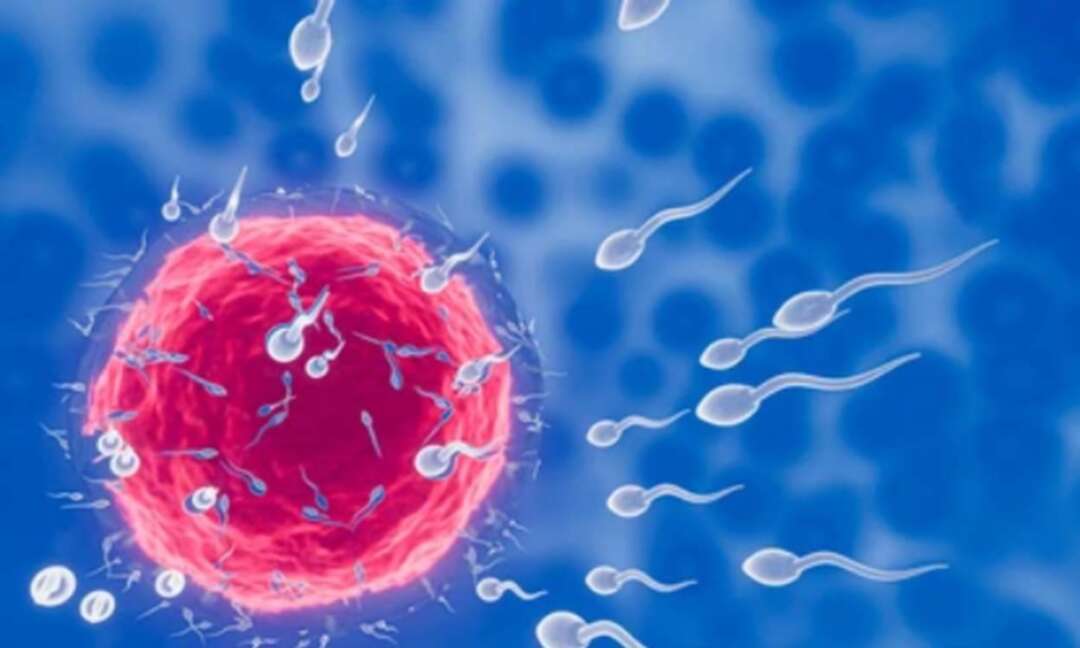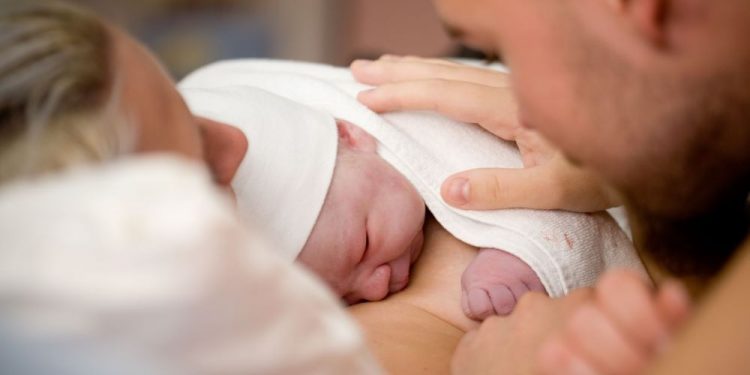-
UK government announces frozen eggs and sperm storage limit increased to 55 years

The BBC reported, storage limits for eggs, sperm and embryos will go up to 55 years under government plans that ministers say will give people greater choice over when to start a family.
According to the BBC, Health Secretary Sajid Javid said the current limit of 10 years was "severely restrictive."
A research from the Royal College of Obstetricians has suggested that modern freezing techniques mean eggs can be stored indefinitely without deterioration.
It said, the plans need parliamentary approval.
The BBC mentioned, the Department for Health said there would be extra conditions around third party donors and use of a person's frozen cells after they have died.

Currently, when the 10 years is up, prospective parents must decide whether to undergo fertility treatment or have the cells destroyed, unless samples have been stored due to medical procedures, such as chemotherapy for cancer.
Under the new system, they would be given the option to keep or dispose of the frozen cells or embryos at 10-year intervals.
Mr Javid said: "This new legislation will help turn off the ticking clock in the back of people's minds."
Read more: Undersecretary-General for Humanitarian Affairs visits Afghanistan for talks with Taliban
He added: "By making these changes, we are going to take a huge step forwards - not just for giving people greater freedom over their fertility, but for equality too."
British Fertility Society chairman Dr Raj Mathur welcomed the plans.
He said extending the time limit "protects the ability of all our patients to make reproductive choices for themselves as individuals and couples."
Julia Chain, chair of the Human Fertilisation and Embryology Authority, said the earlier a woman froze her eggs the better the chance of a successful IVF pregnancy later.
She said: "This will women a lot more choice and flexibility about when they can start having their families."
Source: BBC
Tags
You May Also Like
Popular Posts
Caricature
BENEFIT Sponsors BuildHer...
- April 23, 2025
BENEFIT, the Kingdom’s innovator and leading company in Fintech and electronic financial transactions service, has sponsored the BuildHer CityHack 2025 Hackathon, a two-day event spearheaded by the College of Engineering and Technology at the Royal University for Women (RUW).
Aimed at secondary school students, the event brought together a distinguished group of academic professionals and technology experts to mentor and inspire young participants.
More than 100 high school students from across the Kingdom of Bahrain took part in the hackathon, which featured an intensive programme of training workshops and hands-on sessions. These activities were tailored to enhance participants’ critical thinking, collaborative problem-solving, and team-building capabilities, while also encouraging the development of practical and sustainable solutions to contemporary challenges using modern technological tools.
BENEFIT’s Chief Executive Mr. Abdulwahed AlJanahi, commented: “Our support for this educational hackathon reflects our long-term strategic vision to nurture the talents of emerging national youth and empower the next generation of accomplished female leaders in technology. By fostering creativity and innovation, we aim to contribute meaningfully to Bahrain’s comprehensive development goals and align with the aspirations outlined in the Kingdom’s Vision 2030—an ambition in which BENEFIT plays a central role.”
Professor Riyadh Yousif Hamzah, President of the Royal University for Women, commented: “This initiative reflects our commitment to advancing women in STEM fields. We're cultivating a generation of creative, solution-driven female leaders who will drive national development. Our partnership with BENEFIT exemplifies the powerful synergy between academia and private sector in supporting educational innovation.”
Hanan Abdulla Hasan, Senior Manager, PR & Communication at BENEFIT, said: “We are honoured to collaborate with RUW in supporting this remarkable technology-focused event. It highlights our commitment to social responsibility, and our ongoing efforts to enhance the digital and innovation capabilities of young Bahraini women and foster their ability to harness technological tools in the service of a smarter, more sustainable future.”
For his part, Dr. Humam ElAgha, Acting Dean of the College of Engineering and Technology at the University, said: “BuildHer CityHack 2025 embodies our hands-on approach to education. By tackling real-world problems through creative thinking and sustainable solutions, we're preparing women to thrive in the knowledge economy – a cornerstone of the University's vision.”
opinion
Report
ads
Newsletter
Subscribe to our mailing list to get the new updates!






















